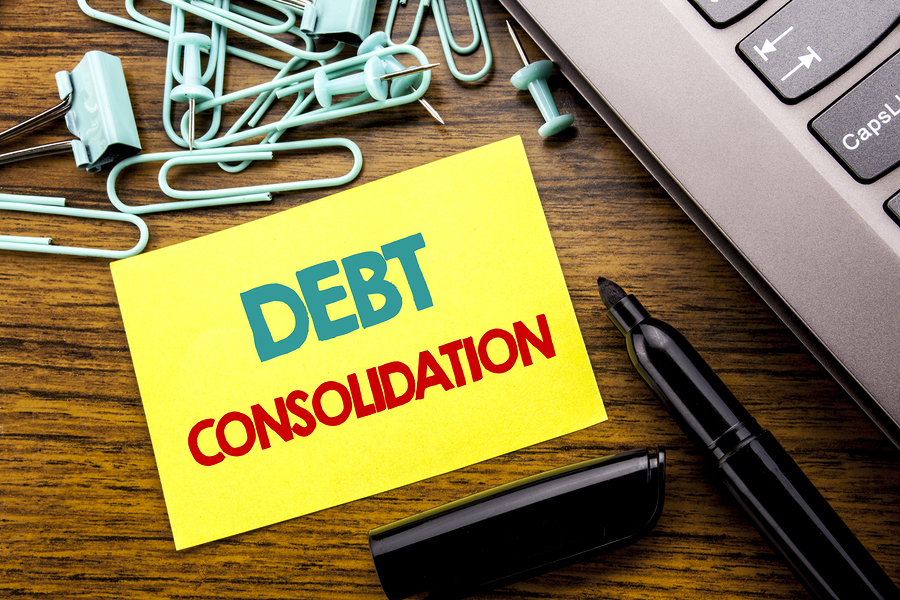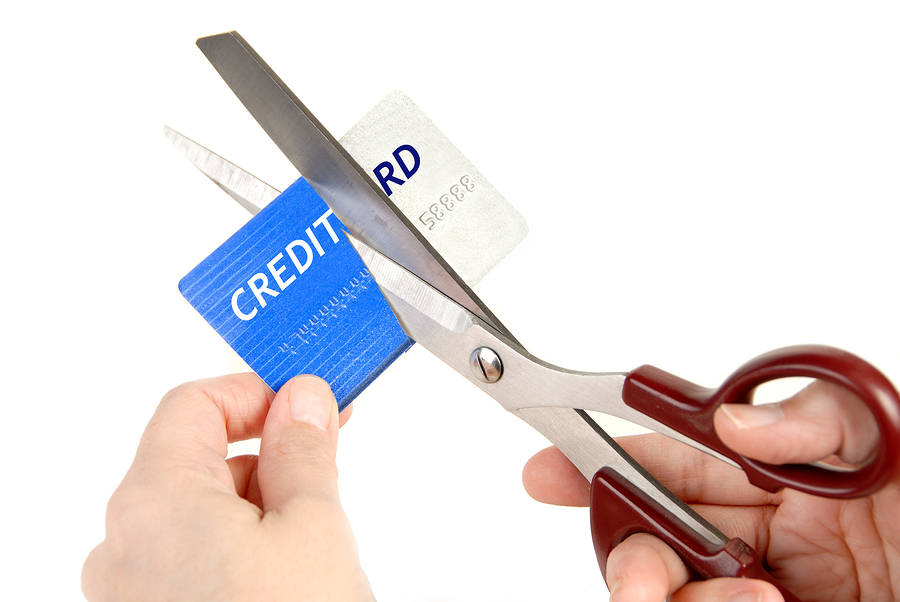What is Debt Settlement
Debt settlement, also known as debt negotiation, is a strategy that allows you to settle your debt for less than the total amount owed. On the plus side, debt settlement allows you to eliminate your debt for less than what you actually owe, thus putting you in a better situation.
Conversely, the main hang-up with debt settlement is that the creditor must agree to proceed. While there is no guarantee of working out an agreement, there are steps you can take to improve the likelihood of this happening. Here are four steps you must take :
Contact Your Creditor to Explain Your Situation
This is where the process begins. It’s your responsibility to contact the creditor with the idea of helping them better understand what you’re up against. During this time, explain why you’re unable to pay your debt in full, such as if you’re being treated for a serious illness or are out of work.
Note : your creditor can answer any questions you have about debt settlement, so don’t be shy about asking.
Keep an Open Mind
You may go into the process with one thing in mind, just to find that your creditor offers something else. You’re in a bad spot financially, so you shouldn’t shut down any idea. If it can save you money and reduce financial stress, it’s something to consider.
Talk to More than One Person
The first person you speak with may not be the person who is able to help you. Instead, you need to ask around until you finally reach the department that can assist with settling your debt. It requires patience to find the right person, but once you do you’ll finally be in position to take action.
Review the Final Terms and Conditions
If your creditor agrees to settle your debt, ask them to provide you with final terms and conditions of your agreement. This will give you a clear idea of what’s expected of you now, and any impact on your account in the future.
Benefits of Debt Settlement
Debt settlement isn’t the only way to solve your financial problems, but it’s a strategy to review in detail if you don’t have the means to pay your balance in full.
Some of the top benefits of debt settlement include:
- Pay less than the total balanced owed
- Opportunity to repay your debt in less time
- Instant relief from debt that’s been weighing you down
- Help you avoid a bankruptcy filing
What is Debt Consolidation?
There’s a good chance you’ve heard the phrase “ debt consolidation” thrown around time and time again. This is particularly true if you’re struggling financially and in need of help.
While you may have a basic idea of how this debt relief strategy works, it may not be enough to take full advantage.
Debt consolidation is nothing more than combining multiple debts – most commonly term loans and credit cards – into one monthly payment.
The benefits of consolidating debt include but are not limited to:
- Ability to more easily organize your debt
- Lower interest rate (thus saving you money)
- Lower monthly payment (also saving you money)
- Opportunity to quickly pay down your debt
- Getting Started With Debt Consolidation
Regardless of your financial situation and goals, you need to compare a variety of debt consolidation programs to ensure yourself of choosing the right one.
There are three basic ways to consolidate debt :
1. Balance Transfer Credit Card
With this, you’re taking all of your credit card debt and consolidating it onto one card.
Although most balance transfer credit cards charge a fee – typically three to five percent of the total amount transferred – you gain access to a variety of benefits:
- 0 percent interest introductory period, which usually lasts 12 to 24 months
- Access to a lower APR once the introductory rate expires
- More efficient management of credit card debt
With hundreds of balance transfer credit cards to choose from, there’s a good chance you’ll find one that suits your situation.
2. Personal Loan
If you qualify for a personal loan, you can use the funds to payoff a variety of debt.
For example, you could use a personal loan to payoff all your conventional credit card and store credit card balances.
With various terms to choose from, along with a fixed interest rate, you can end up with a monthly payment that suits your budget.
Note: no collateral is required to secure a personal loan.
3. Home Equity Loan
If you have equity in your home, you can use it to consolidate debt and pay for any other expenses that are bogging you down.
Just the same as a personal loan, you can choose from a variety of terms at a fixed interest rate.
A home equity loan is likely to have a lower interest rate than a personal loan as your property serves as collateral. Subsequently, if you default on the loan, the lender has the power to repossess your property.
Compare and Choose
Now that you understand how debt consolidation works and your options for moving forward, it’s time to compare the pros and cons of each method and make a final decision.
Once you’re finished with the debt consolidation process, you’ll find yourself feeling better about your finances and your ability to control what happens in the future.
Office Location
Address: LeadDemand.com - 3350 Shelby St Suite 200 #1015 Ontario, CA 91764
Contact Information
Email: support@persaloan.com
Phone: Customer Service



